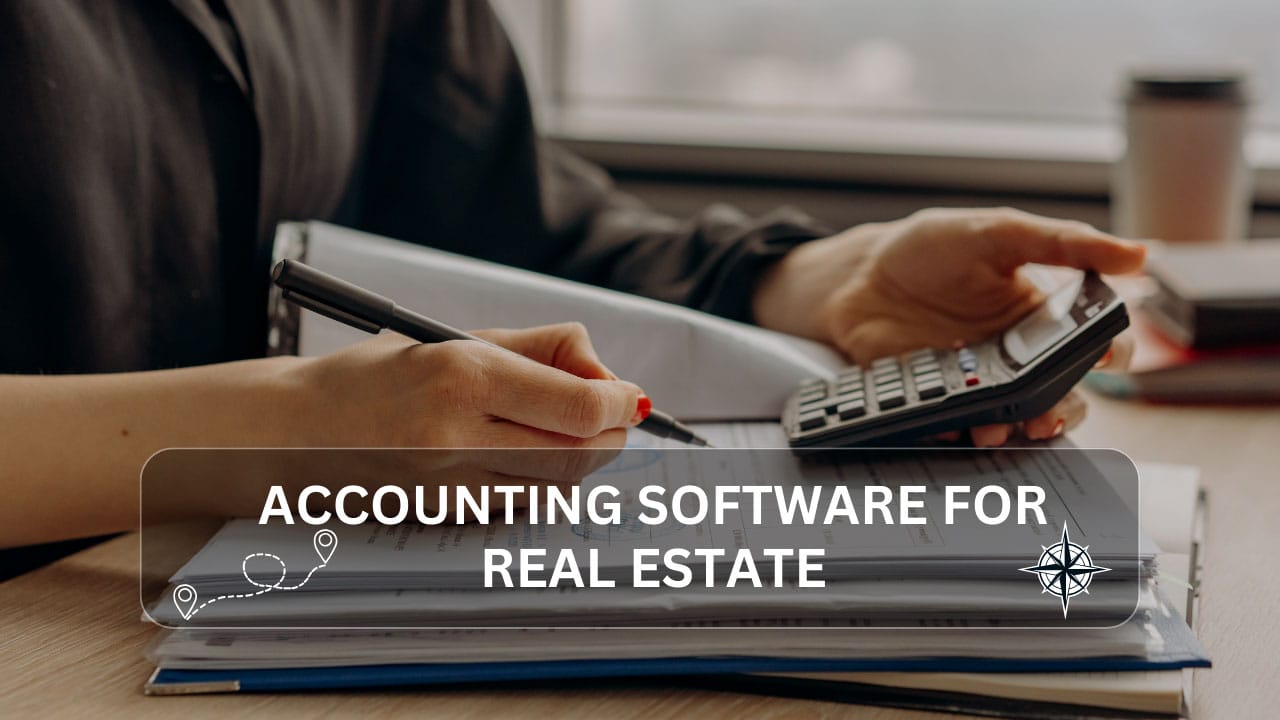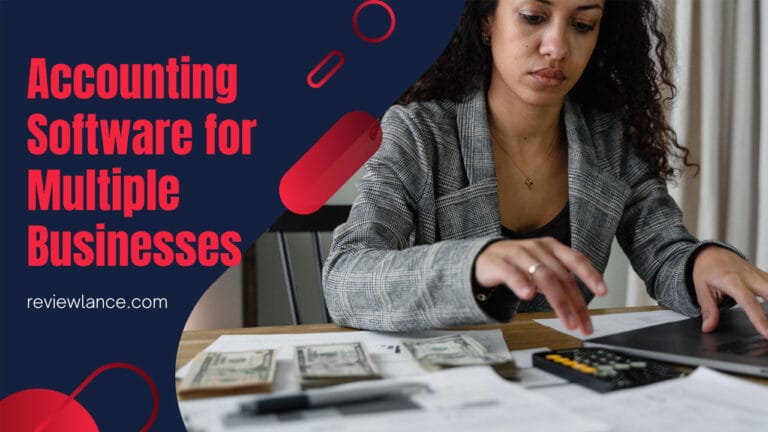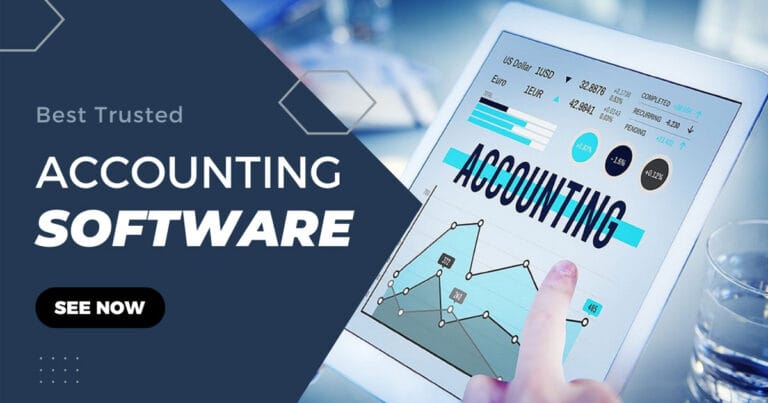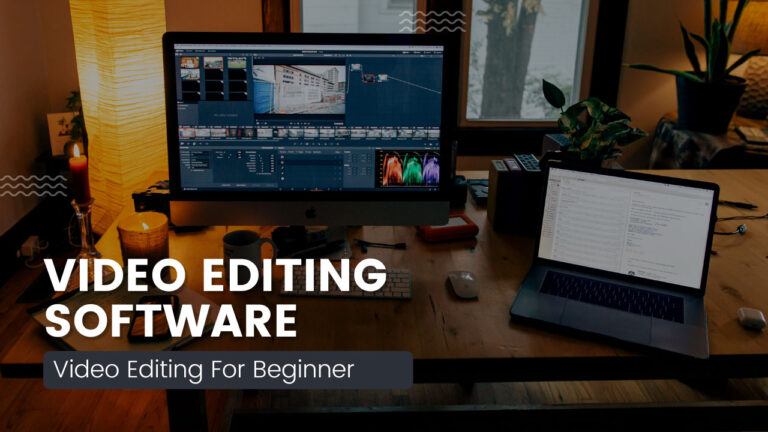Accounting Software for Real Estate: Streamline Your Finances!
Accounting software for real estate streamlines financial management for property transactions. It ensures accuracy in tracking rents, expenses, and profits.
Navigating the complexities of real estate finances can be daunting, with multiple properties, tenants, and maintenance costs to manage. Opting for robust accounting software is essential for property managers and real estate businesses. It simplifies bookkeeping, aids in compliance with property laws, and provides real-time financial insights.
These tools often incorporate features for automated rent collection, expense tracking, lease management, and financial reporting. By deploying specialized accounting solutions, real estate professionals can enhance their financial oversight and make informed decisions, ensuring a sustainable and profitable property portfolio.

Credit: sunaccounts.com
The Role Of Accounting Software In Real Estate
Streamlining Financial Transactions
Real estate dealings involve complex financial data. Modern accounting software can process numerous transactions quickly. This includes rent payments, maintenance costs, and property purchase records.- Automatic billing and invoicing: Save time with recurring transactions.
- Efficient record keeping: Organize financial data with ease.
- Real-time financial overview: Make informed decisions faster.
Benefits For Property Management
Accounting software brings a wealth of advantages to property management. Seamless operations translate into better profitability.| Feature | Benefit |
|---|---|
| Budget Management | Control financial planning and track performance. |
| Rent Tracking | Maintain steady cash flow with timely rent collection. |
| Expense Monitoring | Identify areas to reduce costs and increase savings. |
- Enhance tenant satisfaction with prompt service.
- Mitigate risks with accurate compliance reporting.
- Boost productivity through automated tasks.
Key Features Of Real Estate Accounting Software
Automated Rent Collection
Automated rent collection transforms the way payments are received. No more manual tracking. Tenants pay rent online. The software records each transaction. Notifications are sent automatically. Landlords see fewer late payments.Maintenance Cost Tracking
Estate management involves regular maintenance. Maintenance cost tracking becomes essential. The software logs every expense. Property owners keep track of repairs and upgrades. Budgeting for future maintenance gets simpler. Financial oversights reduce significantly.Real-time Financial Reporting
Real-time financial reporting offers insights instantly:- Profit and loss statements are available on demand.
- Cash flow analyses update with the latest transactions.
- Balances and rent roll reports are always current.
Choosing The Right Accounting Solution
Essential Criteria For Selection
Essential criteria steer you to the right tool. Focus on these points:- User-friendly: The software must be easy to use.
- Scalability: Can it grow with your business?
- Cost: Aim for the best value, not just the lowest price.
- Security: Your data’s safety is crucial.
- Support: Reliable support is a must-have.
Software Integrations And Compatibility
Your software must play well with others. Integration capabilities cut workload and errors. Check for compatibility with:| Integration Type | Benefits |
|---|---|
| CRM Systems | Streamline client interactions and sales processes. |
| Banking Software | Automate financial reconciliation and transactions. |
| Payment Platforms | Simplify rent and vendor payments. |
| Reporting Tools | Gain insights with advanced analytics. |
Impact On Real Estate Portfolio Management
Improving Cash Flow Management
Effective cash flow management is vital for real estate success. Accounting software offers features tailored to this need:- Automated rent tracking ensures timely payments.
- Budgeting tools help plan for expenses and renovations.
- Real-time financial reporting offers a clear view of finances.
Data-driven Investment Decisions
With robust accounting software, real estate investors make decisions based on data.| Feature | Benefit |
|---|---|
| Market analytics | Identify growth opportunities. |
| Investment scenario analysis | Forecast potential returns. |
| Portfolio performance tracking | Optimize asset allocation. |
Adapting To The Digital Age
Transition Challenges For Real Estate Businesses
Real estate companies face various hurdles transitioning to digital systems. These challenges include data migration, system integration, and workflow redefinition. Overcoming these obstacles is crucial to real estate success in the digital age.- Data migration: Moving financial records to new software can be tricky.
- System integration: Ensuring new accounting platforms work with existing systems is essential.
- Workflow redefinition: Adapting internal processes to the new digital tools is vital.
Training And Support For Effective Use
To maximize accounting software benefits, comprehensive training is key. This empowers real estate professionals to use the software to its full potential. Ongoing support ensures smooth operation and quick resolution of any issues.| Type of Training | Description | Benefit |
|---|---|---|
| Initial Training | Basics of software operation | Builds foundation for effective use |
| Advanced Training | Detailed features and analytics | Enables sophisticated financial management |
| Ongoing Support | Assistance as needed post-implementation | Fosters confidence and mitigates disruptions |
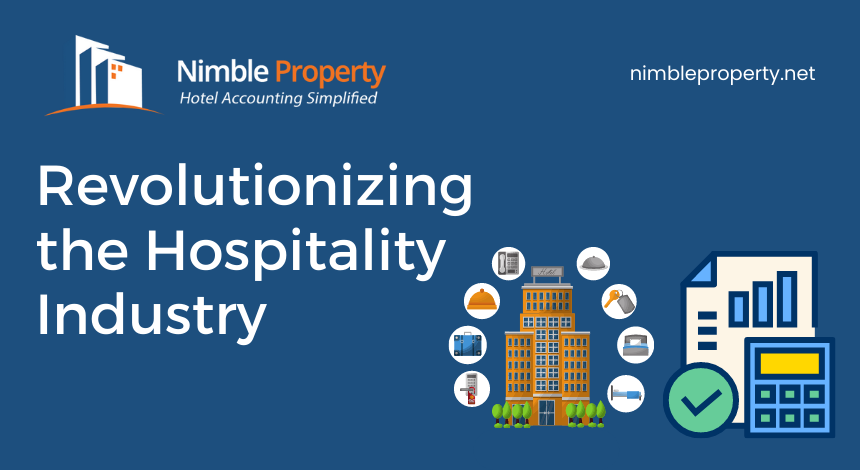
Credit: nimbleproperty.net
Frequently Asked Questions For Accounting Software For Real Estate
What Is The Best Accounting Software For Real Estate Company?
The best accounting software for a real estate company is QuickBooks Online, known for its versatility and comprehensive features tailored to property management.
Is Quickbooks Good For Real Estate Agents?
Yes, QuickBooks is suitable for real estate agents. It streamlines accounting, tracks expenses, and manages finances effectively.
What Accounting Method Do Realtors Use?
Realtors typically use the cash method or the accrual method of accounting, choosing based on their business size and complexity.
What Software Do Realtors Use?
Realtors commonly use software like Zillow Premier Agent, Realtor. com, Top Producer, and Redfin. Tools such as MLS systems, Contactually, and Buffer also assist in property listings and client management.
Conclusion
Selecting the right accounting software is crucial for real estate success. It streamlines financial management, saving precious time. Aim for solutions that align with your specific needs. Embrace the power of technology to keep your real estate finances in top shape.
Start optimizing your property management today with the ideal accounting tool.

